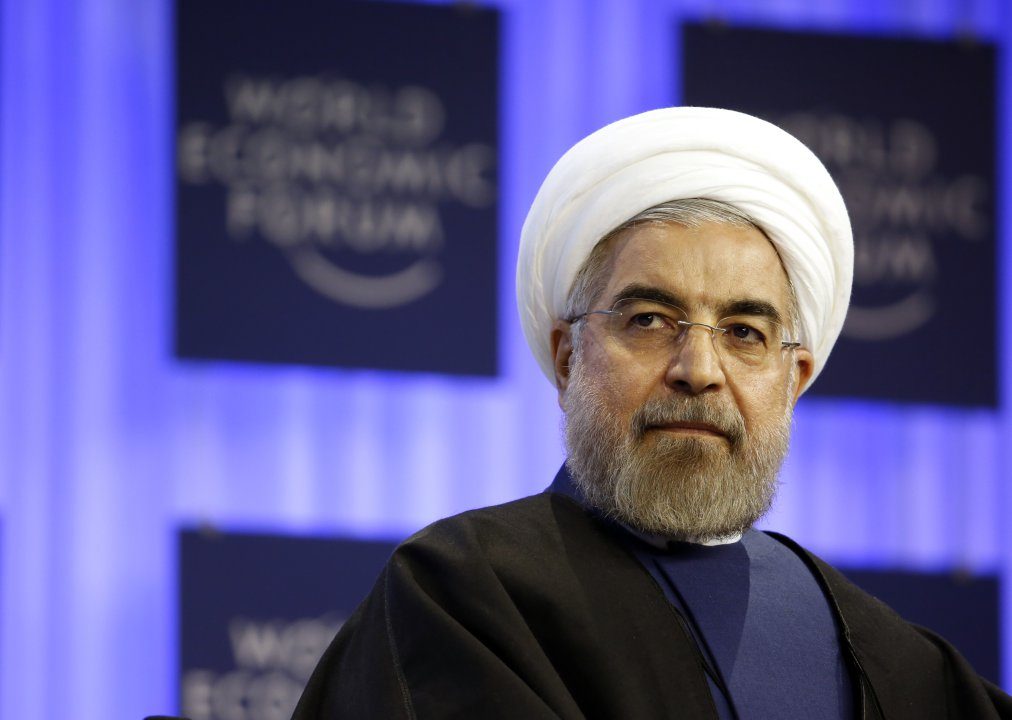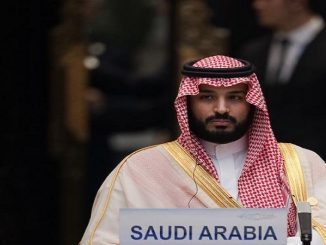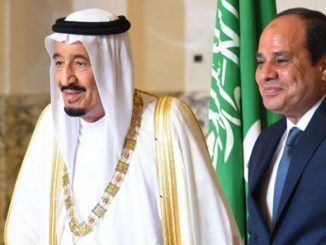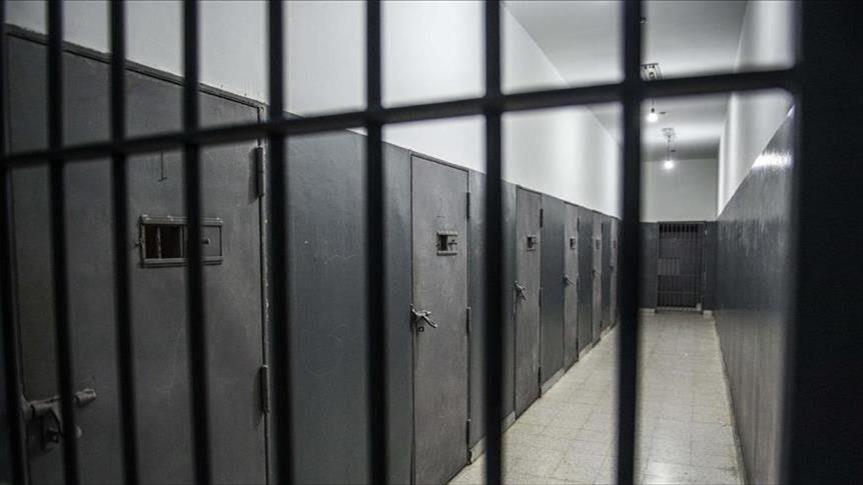
Iranian President Hassan Rouhani on Thursday called on Iran’s regional rival Saudi Arabia to “cease and desist” from division if Riyadh was serious about regional peace and security.
“If the Saudi government is serious about its vision for development and regional security, it must cease and desist from divisive policies, spread of hate ideology and trampling upon the rights of neighbors,” Rouhani told the United Nations General Assembly.
Rouhani said that Iran opposes any kind of sectarianism and attempts to promote religious gaps, adding: “The future of our region rests on dealing with fundamental challenges such as security crises, due to the inefficiency and the lack of legitimacy of governments. We won’t be able to combat criminal and terrorist networks without genuine democracy and without a real participatory approach at the national and transnational levels”.
“We believe that countries in our region can create their shared future through relying on their common history and culture and isolating terrorist groups We should never allow our region to run once again the risk of a new dismemberment following the one that took place close to a century ago,” Rouhani added.
“Iran considers it imperative to preserve territorial integrity of States, keep national borders intact, enhance peoples’ right to self-determination and uphold the principle of refraining from the threat or use of force. We also reiterate the need to use diplomacy for conflict resolution.”
However, Saudi Crown Prince Mohammed bin Nayef condemned Iran for backing “terrorist militias” across the Middle East.
Saudi Arabia sees Iran as the paramount threat to the Middle East’s stability, because of its support for Shi’ite militias that Riyadh says have inflamed sectarian violence.
Iran has sent thousands of troops and advisors to Syria to back Bashar al-Assad’s forces in their fight against rebels supported by Saudi Arabia and other Sunni countries.
Riyadh also accuses Iran of backing Yemen’s armed Houthi movement, which drove the internationally-recognized government into exile, Leading to a Gulf intervention in March 2015, while Tehran views the Houthis as the legitimate authority in Yemen but denies providing any material support to them.



